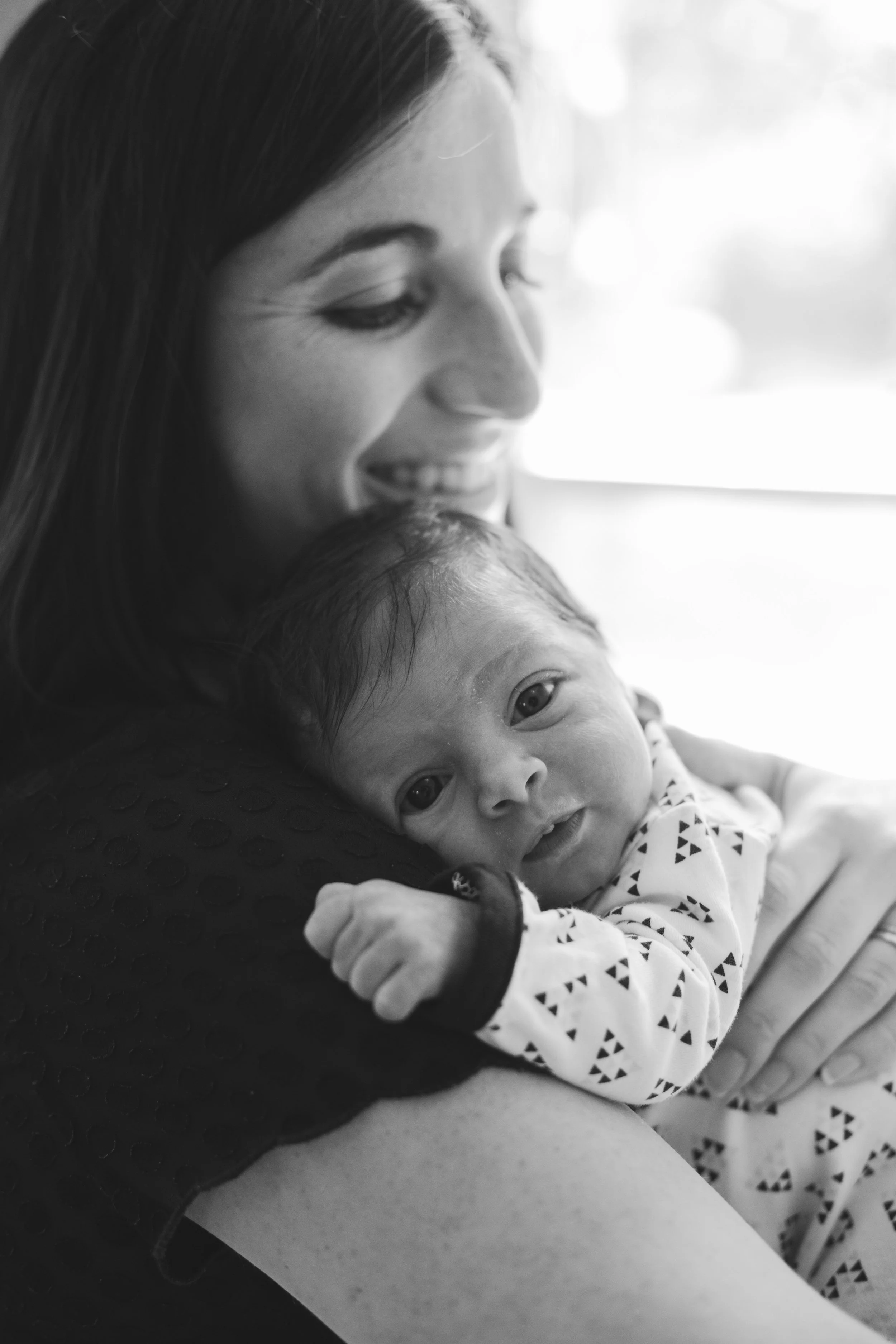Perinatal Therapy
You don’t have to “just get through” this season.
Everyone tells you that becoming a parent is supposed to be joyful, but sometimes it feels anything but.
Did you know:
1 in 5 moms and 1 in 10 dads experience a perinatal mood disorder.
Postpartum depression is the most common obstetric complication in America
Approximately 9% of parents experience postpartum PTSD
Whether you’re struggling with postpartum anxiety, depression, OCD or the effects of a traumatic birth, healing is possible. You deserve support that helps you feel grounded, connected, and like yourself again.
Areas of Focus
Perinatal Anxiety
Constant worry and the feeling that you can’t relax or sleep, (even when baby sleeps) can make the early days of parenthood feel impossible.
Symptoms might include:
Constant worry
Feeling that something bad might happen
Racing thoughts
Disturbances of sleep and appetite
Physical symptoms: dizziness, hot flashes diarrhea and nausea
Feelings of anger, irritability and/or rage
Nervousness/on edge/anxious, trouble relaxing
I can help you calm your nervous system, understand what’s happening in your mind and body, and develop tools to find steadiness again.
Perinatal Depression
If you feel disconnected from your baby, your partner, or yourself, you’re not alone. One in five new moms experience symptoms including:
Lack of interest in the baby
Disturbances of sleep and appetite
Crying and sadness
Feelings of guilt, shame or hopelessness
Loss of interest, joy or pleasure in things you used to enjoy
Possible thoughts of harming baby or yourself
Feelings of anger, irritability and/or rage
Did you know that “mom rage” can be a sign of postpartum depression? If you feel irrationally angry or find yourself snapping at your partner or other children, you deserve support, not shame. We’ll work together to rebuild your sense of hope, identity, and joy.
Perinatal OCD
Intrusive thoughts (or obsessions) are persistent, repetitive thoughts or mental images that are often related to the baby. These thoughts can be very upsetting. Other symptoms include:
Compulsions, where you may do certain things over and over again to reduce your fears and obsessions. This may include things like needing to clean constantly, checking things many times, counting, or reordering things and/or avoiding triggers.
A sense of horror about these thoughts (you don’t want them to happen!)
Fear of being left alone with your baby
Hypervigilance in protecting your baby
Birth and Pregnancy Trauma
Your birthing experience is valid, whether it looked the way you hoped or was nothing like you expected. You deserve to process it in whatever way helps you most and you deserve support without feeling shame or isolation.
Birth trauma is any event during labor and birthing that involves an actual or perceived threat of serious injury or death to the mother or baby. It can also be the experience of being stripped of your dignity. You might experience fear, loss of control and feelings of helplessness.
Common Causes of Birth Trauma
Emergency C Section
Postpartum Hemorrhage
Prematurity or Still Birth
Unexpected NICU Admission
Forceps or Vacuum Extraction
Fetal Anomaly Diagnosis
Long labor or Failed Pain Meds
Trauma is in the eye of the beholder. If two people experience similar situations and one does not experience it as trauma, that does not mean the other person’s trauma response is not valid. If it was traumatic to you, it is considered trauma.
Parenting Through Old Wounds
Parenthood often brings up old patterns, like self-doubt, perfectionism, and fear of repeating the past. Together, we can use EMDR and inner child work to help you heal the parts of you that were once unseen or unsupported, so you can parent from a place of compassion and confidence.
I’m trained and certified in EMDR (Eye Movement Desensitization and Reprocessing), a powerful, evidence-based approach that helps the brain heal from trauma. With EMDR we can process traumatic birth experiences, pregnancy loss, medical trauma, or childhood wounds that are being triggered as you navigate parenthood.
My Why
My work as a perinatal therapist is informed by my own experience with postpartum anxiety, depression and birth trauma. Even as a therapist, I didn’t realize at the time that what I was experiencing after my first birth was postpartum depression. I know healing is possible and I’m honored to support you in this journey.
After doing my own healing (including EMDR for birth trauma after my second child was born), I received extensive training through Postpartum Support International in order to support new parents.
In addition to specializing in postpartum anxiety, depression, and birth trauma. I also support parents who find that early parenthood has resurfaced old wounds: memories, emotions, or patterns from childhood that feel unexpectedly raw.
My approach is grounded in warmth, authenticity, and deep respect for your lived experience. You don’t need to “fix” yourself, you’re not broken. As we say at Postpartum Support International,
You are not alone. You are not to blame. With help, you will be well.



